Diesel company cars have fallen 17.6% from just over one million vehicles a year ago to 829,000 in the first quarter of this year, new data from the Department for Transport (DfT) suggests.
Meanwhile, the number of privately-owned diesel cars has also fallen, from 11.1m to 10.9m in the same period - a 1.7% decline.
In inner London, where Ultra Low Emission Zone (ULEZ) charges have targeted all but the very latest diesel models, the number of private diesel car numbers has seen an even greater decline, from 155,274 to 116,796, a fall of 24.8%.
Jack Cousens, the AA’s head of roads policy, says that the official vehicle licensing statistics signal further how what was once the ‘dash for diesel’ has become the “demise of the diesel car”.
He explained: “Not so long ago, car owners were encouraged to buy diesel models to cut CO2 emissions and reduce their costs through diesel’s better fuel efficiency.
“Many older car owners bought one for what they thought would be their last car in retirement.
“They now find themselves caught in the pincer of record pump prices that are 8p dearer than petrol and the demonisation of the fuel through city access charges and parking costs that penalise these cars.
“Very often, this campaign against diesel is carried out by the very councils that encouraged their take-up through CO2-related residents car parking permit charges.”
In the first half of this year, sales of new diesel cars were less than half of those for fully battery-powered cars.
Between January and June, there were 115,249 new battery electric vehicles registered compared to 46,028 new diesel cars, according to data released by the Society of Motor Manufacturers and Traders (SMMT).



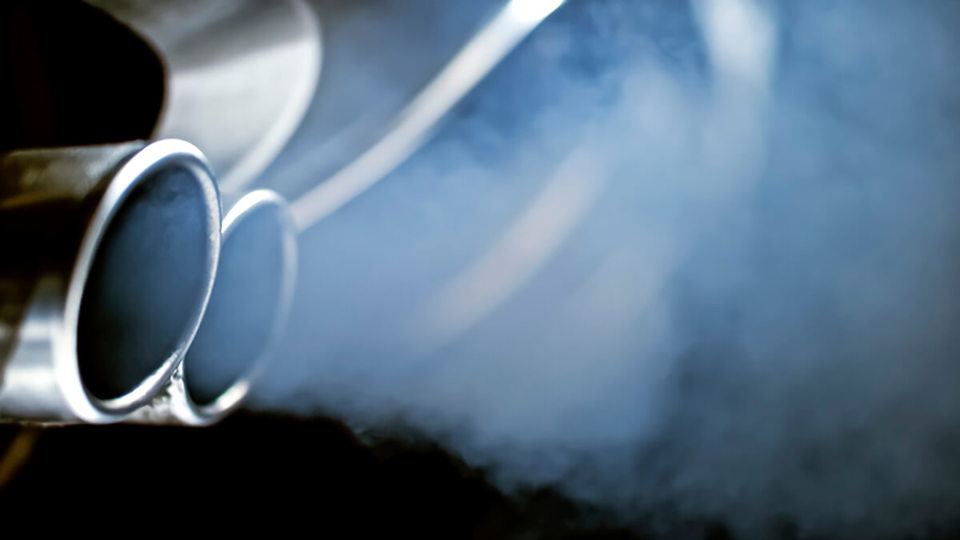




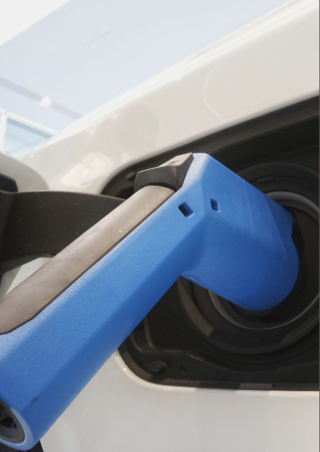

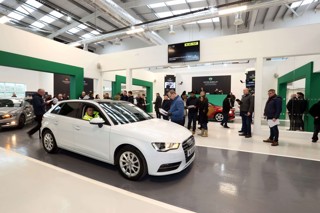





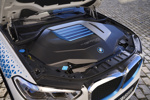
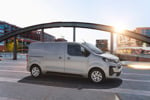






Login to comment
Comments
No comments have been made yet.